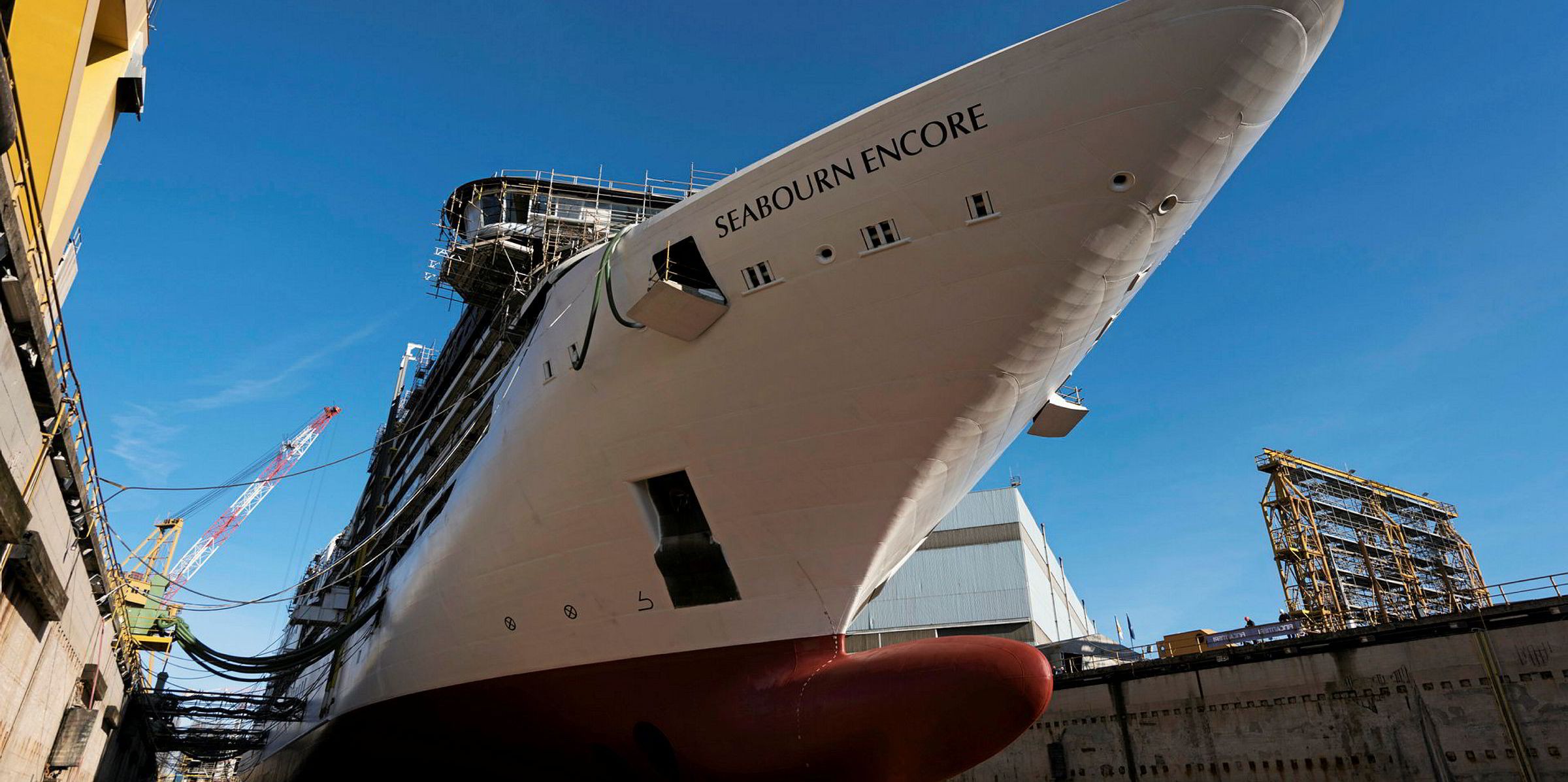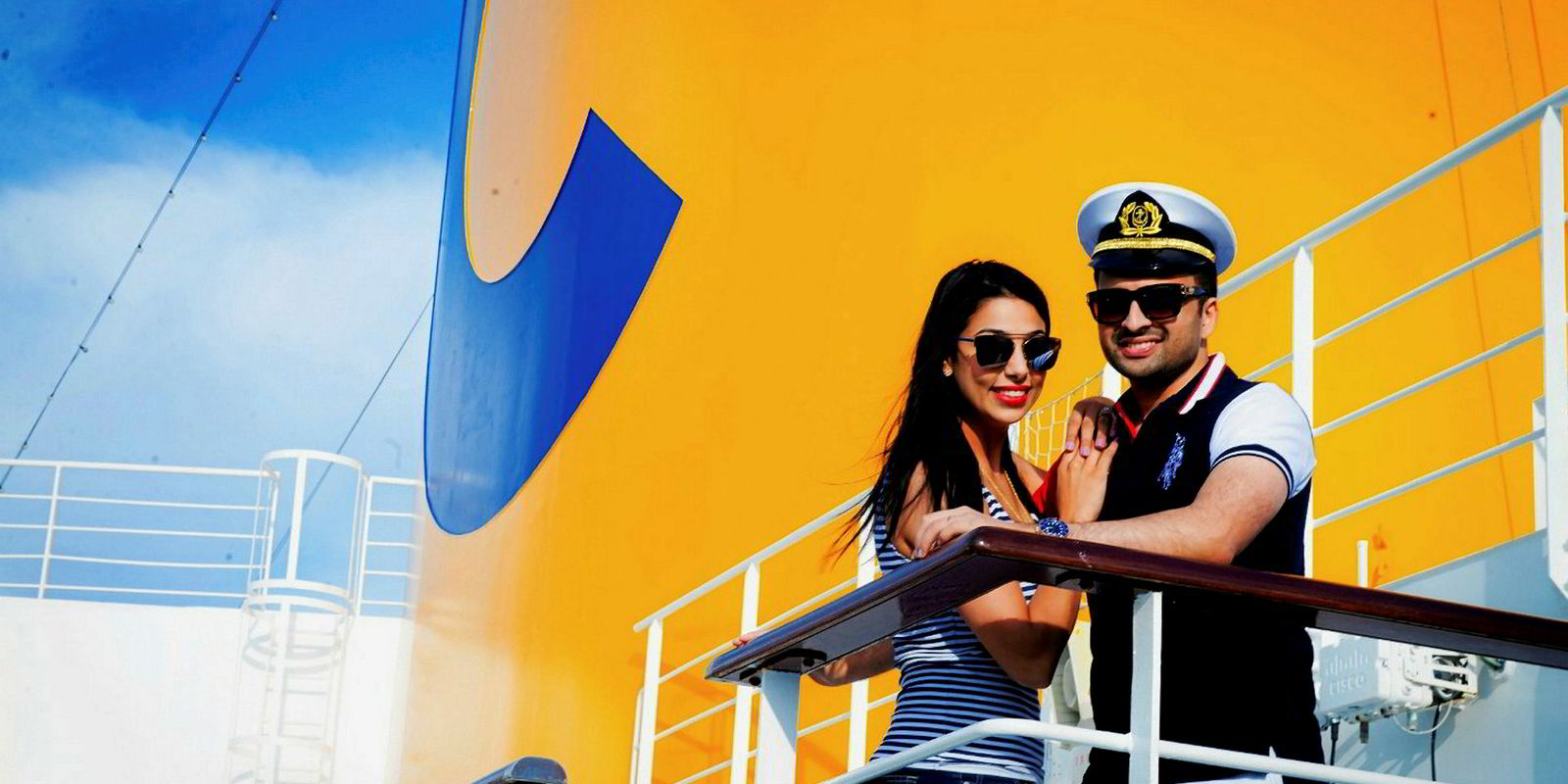The cruise industry is going to need an estimated 9,000 deck officers and engineers to operate the 120 newbuidings that are scheduled to take to the water over the next seven years.
That figure was given by Carnival Maritime’s vice-president of marine human resources, Tino Hensel, at the CruiseConnect crewing conference held today in the Philippine capital of Manila.
Eric Visser, director of seagoing workforce management at the Holland America Group, which manages Carnival Corp subsidiaries Holland America, Aida, and Costa, added that when ratings and hotel crew are factored into the equation, these new ships will require a total of 120,000 seafarers to man them based on an average of 1000 crew per ship.
“If you factor in reliefs the number increases to 160,000. Add in staff turnover and that goes up to a quarter of a million people,” Visser explained.
Finding hotel crews and ratings are unlikely to be a problem as it was generally agreed amongst delegates at the conference that main the main supply sources of the Philippines, Indonesia and India will be able to meet the demand.
What was of concern was the availability of skilled deck officers and engineers, most of who until now were sourced in Europe. It was noted that it is becoming increasingly challenging to recruit younger generations of Europeans as seafarers as there are good job opportunities ashore that fit in with their lifestyle expectations.
Several cruise industry experts who participated on conference panels stressed the need to widen the source base for officers and engineers, and to begin investing in training right now.
“We have to really look into all markets and think untraditionally at where we look. We need to be more diverse,” said Simon Frank, V Group’s director of crew operations-East.
“You have to start training them now. You need at least three to five years before someone is ready to go on board,” said Hensel.
Other industry sources noted that the cruise industry has a stronger appeal for officers and engineers and its large future requirements could tighten the supply available for the rest of the shipping industry.





